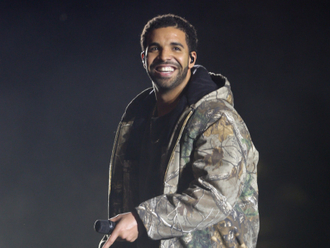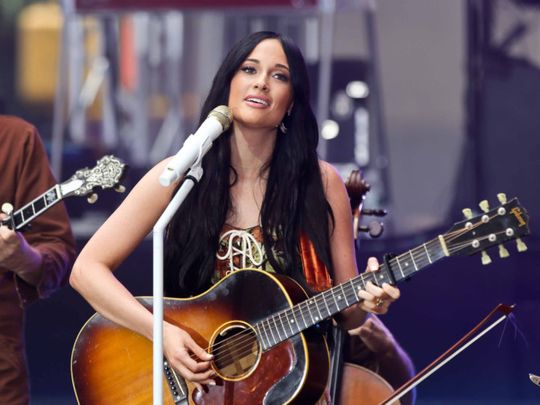
When Shirley Manson, of the band Garbage, visited Graceland on her first US tour, she had a special souvenir in mind. “I wanted Elvis Presley toilet paper,” she said over the phone with a deep laugh. “I went to the gift shop and scoured the whole place and I couldn’t find any. I was gutted.”
Though she left empty-handed, visions of novelty toilet paper never stopped dancing in her head. During the holidays in 2019, Manson placed a roll of President Donald Trump-patterned toilet paper in her guest bathroom, and “every time anybody went in, you could hear hoots of laughter,” she said.
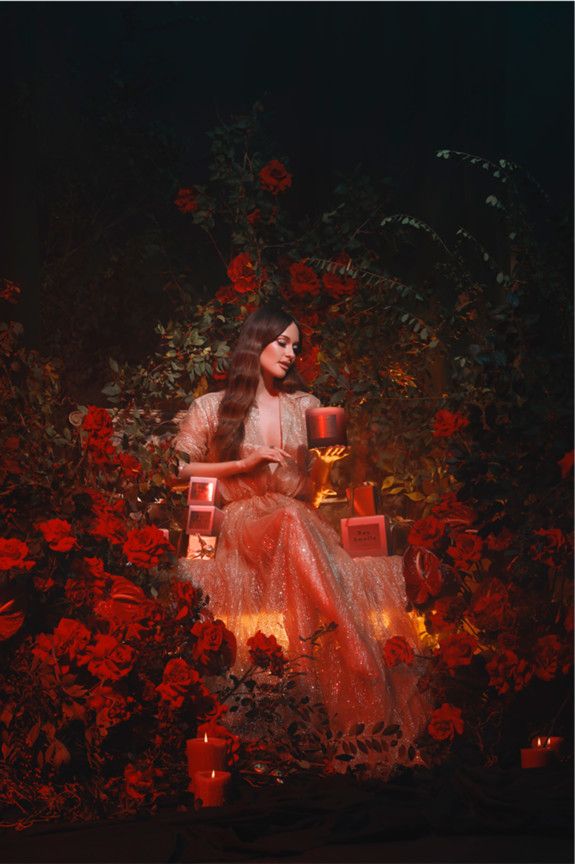
In March, she wanted to re-create that feeling of unexpected humour for her fans. With her 2020 plans scrapped (Garbage had been set to join Alanis Morissette’s ‘Jagged Little Pill’ anniversary tour), she met with the new merch team she’d recently contracted to rethink the band’s offerings. One item had to make the cut: toilet paper imprinted with the band members on every soft sheet.
“We were all so deep in the pandemic and Shirley thought, ‘Let’s just have some fun,’” said Samantha Ray, an executive at Manhead Merch, which worked on the toilet paper. After a 90-day turnaround, the $12 rolls (4-by-4-inch two-ply sheets, totalling 82 inches unfurled) started flying off the virtual shelves, mere months after shoppers had scrambled to find toilet paper in their local bodegas and grocery stores.
With this move, Garbage joined other musicians including Ariana Grande and Billie Eilish in pivoting from tour T-shirts to tchotchkes, selling fans at-home comforts to help them slog through the monotony of the pandemic. Cosy items like blankets, candles, sweatsuits, pyjamas, socks and puzzles have popped up for sale by pop stars including Megan Thee Stallion and Shawn Mendes. Katy Perry is hawking daisy-print onesies. Lady Gaga has a ‘Chromatica’ bar soap ($15) and pillows (starting at $55) for sale. Drake’s Carby Musk candle “actually smells like Drake,” according to the retailer — in case that’s something you’d like to experience.
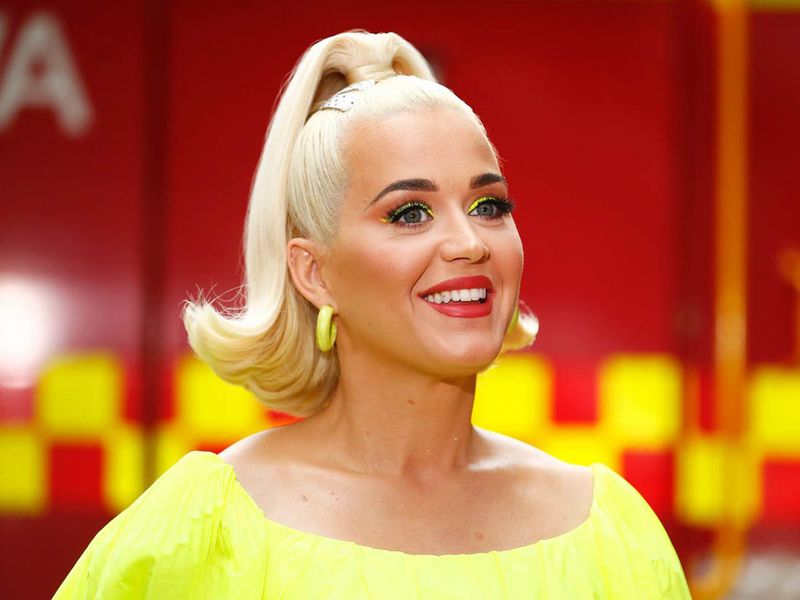
“I think this year has shown everyone how far a little self-care can go,” said country singer Kacey Musgraves, whose ‘Slow Burn’ candle (named after a song from her ‘Golden Hour’ album), created with candle and underwear company Boy Smells, has sold out several times since February.
Kelly Jarrell, who works for Musgraves’ management company, Sandbox Entertainment, said: “After we all entered lockdown, Kacey was like, ‘This is what I would like. What would make me feel better? What would be fun? What would be creative?’” The result was a self-care bundle containing a bath bomb, puzzle, socks and a tie-dye kit for $100. (Each item is now sold separately.)
“Our homes have all had to become our sanctuaries. A little thing like a scent or a bath can make a real difference,” Musgraves said over the phone. “It can go such a long way, whether it’s a candle or a bath bomb or pausing for five minutes, or learning how to not beat yourself up for not being as productive as you wish you could have been.”
“I love having little projects to work on and my brain is always spinning, thinking about just little things that amuse me,” Musgraves added. “If anything, I love creating the merch for myself, just to keep a creative wheel spinning and to bring some joy to people who have enjoyed the songs.”
In the absence of touring, merch has not only helped artists stay afloat financially, it has also given many the option to communicate with supporters who have stuck by them for years.
“I used to approve merch like it was a by-product of my art,” singer-songwriter Liz Phair, who worked with Manhead on a series of album cover puzzles during lockdown, said via email. “The pandemic made me realise it is a powerful, tangible connection with fans in and of itself.”
“We’ve all been engaging in nostalgia, looking back wistfully at the life we took for granted, prepandemic,” Phair wrote in the email. “T-shirts and sweats have become our daily go-tos while we shelter at home — cosy staples. The isolation can be tough, too. It helps to have reminders of what you care about surrounding you. Band T-shirts have always been touchstones — objects that have emotional value beyond their aesthetic appeal. That’s so important right now. I want to make merch that people hold onto for years to come.”
For her own cosy merch, musician Phoebe Bridgers favours cosy staples and other soft-material apparel, too.
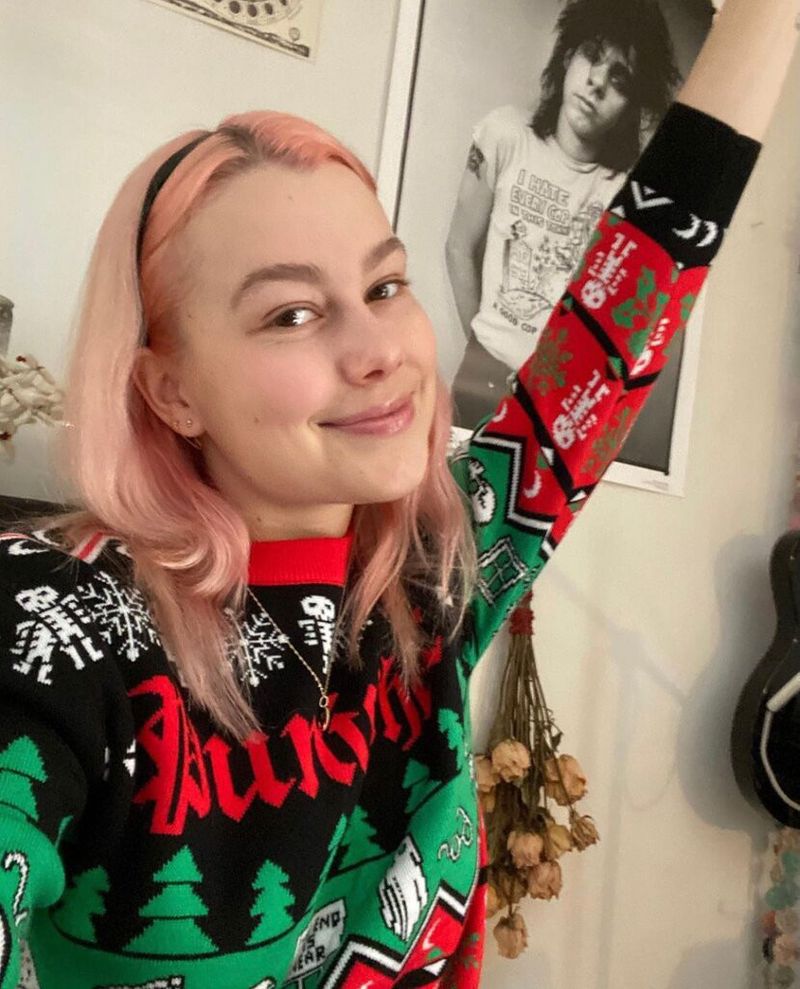
“It needs to not be depression clothes, which I definitely have,” she said in a phone call. “There needs to be a middle ground for me of clothes that make you feel like you’re a person who exists, but also you’re not wearing jeans, which I think is absolutely a despicable thing to do in the comfort of your own home.”
Bridgers said her merch is also often inspired by memes and trollish internet culture, referencing a series of tour-only T-shirts with Danny DeVito in a blond wig and Benedict Cumberbatch as Julian Assange as proof.
The approach has translated to sales; Bridgers can’t seem to restock her merch quickly enough, with even an intentionally garish holiday sweater (“the most impractical thing, because you can only sell it for a section of the year,” she said) constantly selling out.
“I think that the stuff that sells the best is the stuff that genuinely makes me laugh,” she said.
For successful artists who have moved forward with new merch lines during the pandemic, there have been moments of anxiety and trepidation about selling anything, let alone non-essential items, during a catastrophic economic downturn.
“I did have several bands at the beginning of the pandemic who we were approaching and saying, ‘Are you interested in making masks, or anything quarantine related?’” Ray said. “They were very strongly against it. They didn’t want to put the wrong message out there and just look like they were trying to make money.”
Manson said: “Because everything had started to shut down, our ambitions became very small — as they should be, when everybody is stuck inside and struggling for cash.”
Musgraves and her team have had similar conversations over the past eight months.
Much of Musgraves’ cosy merch was resonant with fans “because it was a creative outlet for her, and that’s why everyone is gravitating towards it,” Kaminsky said.
“I think people enjoy it because they can tell that it’s something that I really put my heart and brain into,” Musgraves added. “It wasn’t just me slapping my name on a random brand to cash in on something. I didn’t grow up with money, so money is not my driving factor when I make decisions. If it’s a success, that’s icing on the cake for me. But as an artist, you have to be careful not to consistently push things that are ingenuine or just a cash grab, because it’s going to water down the whole reason people even know who you are anyway.”
Strong merch sales have allowed successful musicians to give back, even during a period when their main source of income — touring — has all but dried up.
“I had a day dedicated to the Bail Project where I sold merch for them,” Bridgers said. “It’s kind of the only way to do that when you can’t play a benefit show.”
Over on Garbage’s web store, a percentage of every sale goes to the NAACP Legal Defense and Educational Fund, an initiative dear to Manson’s heart.
And strong merch sales have allowed Musgraves to keep her entire band and crew on the payroll, even in the absence of touring.
“I think it’s important for people to know that when you are buying merch from an artist, you’re putting money directly into their pocket,” she said. “I’m really thankful that people have been so supportive of the merch for an album that came out in 2018.”
With the arrival of vaccines for the coronavirus, there’s hope that 2021 might see the return of live music, but it’s by no means a given. In the meantime, there’s still merch to buy — and not just from established artists. In many cases, said Bridgers, “merch is a DIY thing that might bring some sort of revenue to smaller artists, and people are getting pretty creative with what that looks like.”
Musgraves echoed that sentiment, saying, of musicians: “If you’re able to spend any money on merch, it’s really going to help them stay afloat.”





